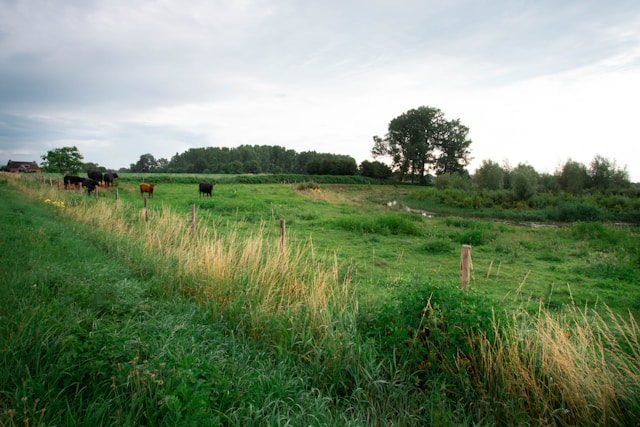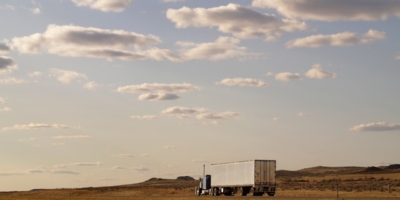Check out the latest news on laws and regulations.

Farewell to Restrictions on Foreign Ownership of Rural Land?
Among the 84 pages of the DNU, modifying or repealing over 300 federal laws and regulations, is perhaps one of the most significant developments for foreign direct investment: The repeal of the Rural Land Law.
Key Aspects of the Rural Land Law
Enacted in December 2011, Law No. 26,737 (the Protection of National Dominion over Ownership, Possession, or Tenancy of Rural Land Law) sought to regulate and restrict foreign ownership of rural land. Key provisions of the Rural Land Law included:
- Limits on Foreign Ownership: No more than 15% of rural land in the entire nation could owned or possessed by foreign persons, including legal entities owned or controlled by foreign persons.
- Nationality Quotas: Of the 15% nationwide, no more than 30% may be of the same nationality.
- Limits on Landholding: The Rural Land Law identified certain geographic “core zones” (areas like Argentina’s famed Pampa Húmeda that are critical to food supply) and limited ownership by individual foreign persons to 1,000 hectares in the relevant core zone.
- Border and Water Resource Restrictions: No foreign person could own or possess coastal lands, property located along a national border, or property adjacent to or above a large water body.
Over the years, the Rural Land Law underwent several changes, tending to be more restrictive under some governments and less restrictive under others, depending on their outlook toward foreign direct investment.
Nevertheless, for over 12 years the law has discouraged investment in rural Argentina and prompted complex corporate and financial structures to satisfy the law.
Repeal of the Rural Land Law
The DNU repeals the Rural Land Law in its entirety. The Milei administration has declared the “freedom of contract” applies to real property acquisitions and that all persons, including foreign persons, should not encounter restrictions on surface area, location, interest, or nationality when looking to invest in Argentina.
The DNU’s repeal of the Rural Land Law rests on the Argentine Constitution’s principle of equal protection before the law applicable to citizens and non-citizens alike.
Validity and Effectiveness of the DNU
The DNU went into effect on December 29. Thereafter, the president’s chief of staff has 10 days to submit the DNU to a bicameral congressional committee for review and consideration.
The committee has 10 days to recommend approval or rejection of the entire executive order. Following the committee’s recommendation, or in the absence of this, both legislative houses (Senate and House of Representatives) must vote to accept or reject the executive order.
As with the committee’s recommendation, the vote is on the entirety of the DNU; it cannot be partially approved or rejected. If either house approves it, the executive order stands and has the “force of law.” Conversely, if both houses disapprove, the DNU is void in its entirety, but all acts taken in reliance on the DNU during its effect shall remain valid and binding.
More on Executive Order 70/23
For the last 10 days we have reported on various aspects of Decree of Necessity and Urgency 70/23 (the “DNU”) issued by President Javier Milei. It’s time we refer to Rural Land changes.
Need the English version on the DNU and whether it should be deemed final ? Furthermore, a French version of this report is also available.
More information
If you would like to discuss this matter with the attorneys at Wiener Soto Caparros, please do not hesitate to contact our author.
Disclaimer
This article is based on publicly available information and is for informational purposes only. It is not intended to provide legal advice or an exhaustive analysis of the issues it mentions.






